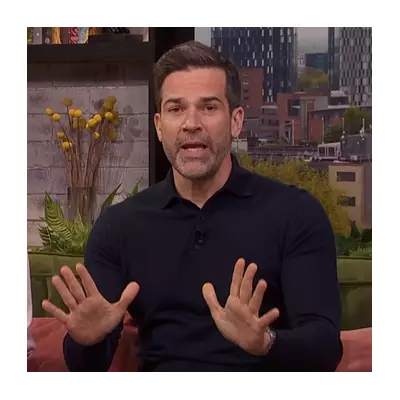
Ever felt your heart pounding so violently during a film that you needed to check your pulse? You're not alone. Cinema has long mastered the art of manipulating our emotions, but some films elevate tension to an art form, leaving audiences genuinely breathless.
The Anatomy of Cinematic Stress
What transforms a regular movie into a genuinely stressful experience? It's not just about jump scares or graphic violence. The most effective stress-inducing films create a pervasive sense of dread through masterful pacing, claustrophobic cinematography, and characters facing impossible choices.
Modern Masterpieces of Anxiety
Recent years have delivered several films that redefine what it means to be 'edge-of-your-seat' entertainment. These contemporary classics demonstrate how filmmakers continue to innovate in ratcheting up tension.
- Uncut Gems - The Safdie brothers' relentless masterpiece turns anxiety into its primary currency, with Adam Sandler's performance creating a continuous state of panic
- Good Time - Another Safdie brothers creation that feels like a 100-minute adrenaline shot with no pause button
- Parasite - Bong Joon-ho's genre-defying thriller builds tension so expertly that audiences report holding their breath for entire sequences
The Classics That Defined Tension
Long before modern filmmakers started measuring audience heart rates, these pioneering films were setting the standard for cinematic stress.
- Psycho - Hitchcock's shower scene remains one of the most analysed moments in film history for its ability to generate pure terror
- The Shining - Kubrick's slow-burn horror creates an atmosphere of dread that lingers long after the credits roll
- Alien - The perfect blend of sci-fi and horror that turns space into the ultimate claustrophobic nightmare
Why We Subject Ourselves to the Stress
Psychologists suggest that watching stressful films in a safe environment allows us to experience intense emotions without real-world consequences. It's the cinematic equivalent of a rollercoaster - terrifying but ultimately thrilling.
"These films aren't just entertainment; they're emotional workouts that leave us exhausted but exhilarated," explains film psychologist Dr. Eleanor Vance.
The Physical Impact of Screen Tension
Research indicates that watching high-tension films can trigger genuine physiological responses - increased heart rate, elevated cortisol levels, and even temporary changes in breathing patterns. The most effective stressful movies don't just engage our minds; they hijack our bodies.
Next time you find yourself needing to pause a film just to catch your breath, remember - you're experiencing cinema at its most powerful and primal.





